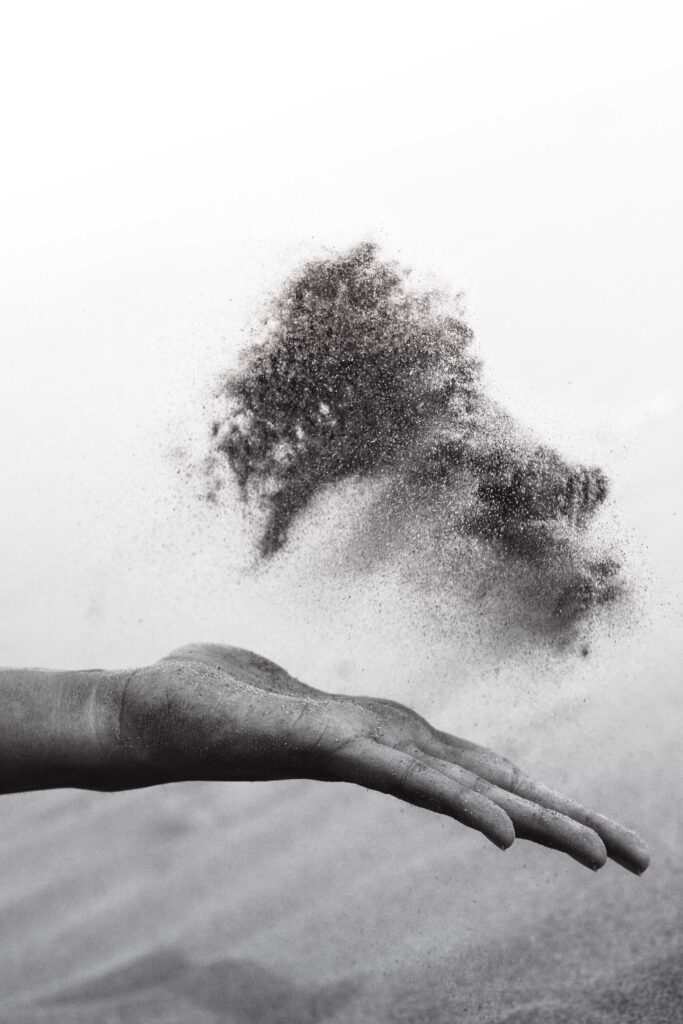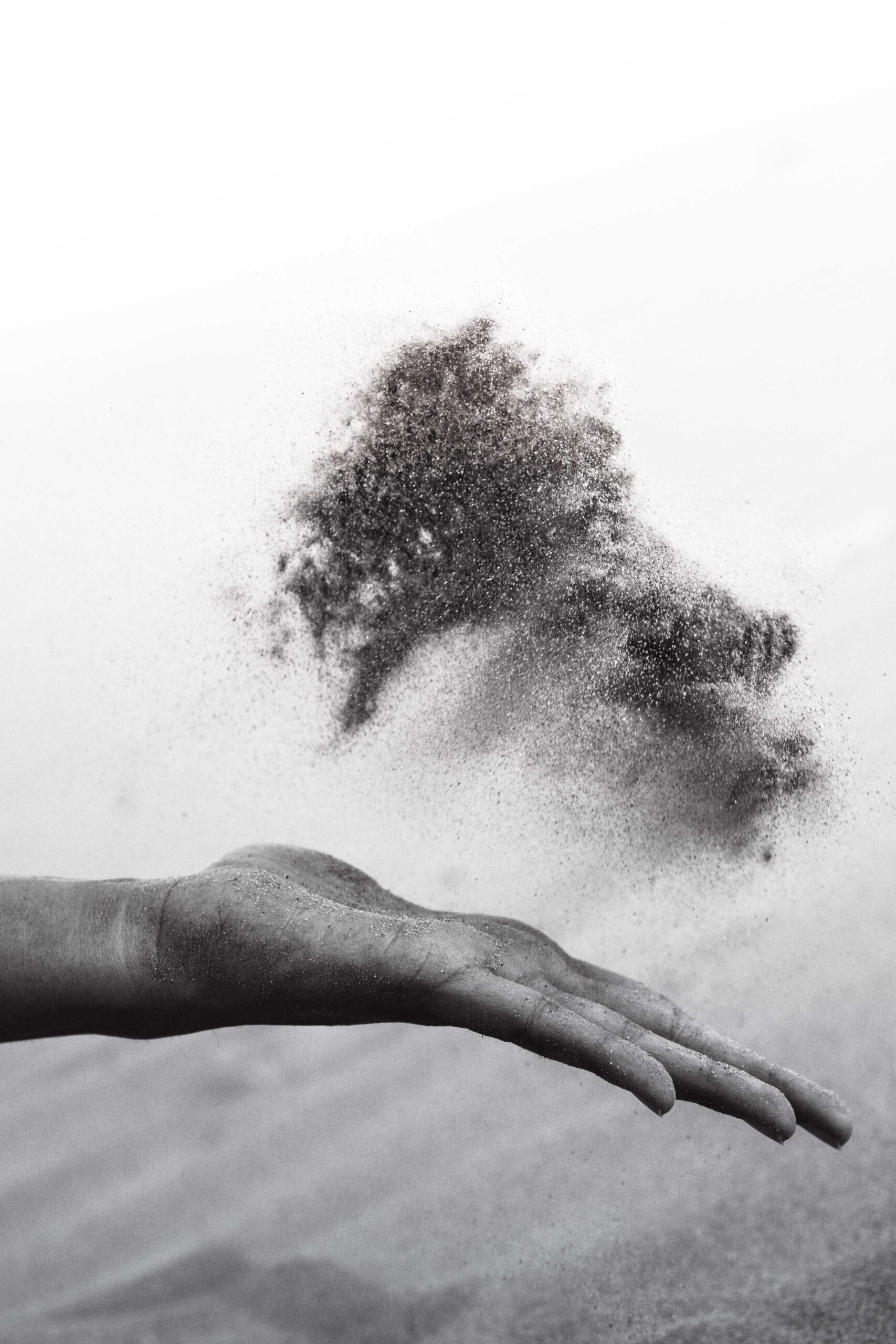What Are You Willing To Suffer For?

Palm Sunday—the Sunday of the Passion—is a good moment to stop and consider this question.
When I tried to answer it, my first thoughts leapt to the heroic. What cross would I die on? What great cause could demand, as the hymn sings it, “my soul, my life, my all”? Once I recognized the ego fantasy trip for what it was, I smiled and went back to the question.
I sorted through all my regular, unheroic sufferings, and they fell into two piles. The things I’ve suffered because I’ve loved someone or something beyond myself and felt the wounds of love, and the things I’ve suffered because of my own willfulness. I was right and the world was wrong.
The willful form of suffering entails a lot of fighting, anger, blaming, victimhood. It is essentially a rejection of suffering, and yet—heartbreakingly—the more we reject legitimate suffering the deeper we sink into despair.
But there is also a willing form of suffering. Originally the word meant “to bear, permit, tolerate, allow.” As in “suffer the little children to come unto me.” To suffer something in this sense is to allow it, not to fight it or let it poison our hearts. This is the kind of suffering—allowing—that can save us. It can give us the courage to love, since anyone who loves greatly will also hurt deeply, and will need the grace to breathe and let it be. And it can help us in our willful moments to see another way through this mess. To turn away from bitterness and accept what is happening as—astonishingly—a divine visitation, a moment when we can choose healing and forgiveness.
Let me give the last word to Rumi, the 13th century Islamic poet. A hymn to Allowing.
The Guest House
This being human is a guest house.
Every morning a new arrival.
A joy, a depression, a meanness
Some momentary awareness comes
As an unexpected visitor.
Welcome and entertain them all!
Even if they’re a crowd of sorrows,
Who violently sweep your house
empty of its furniture,
still, treat each guest honorably.
He may be clearing you out
For some new delight.
The dark thought, the shame, the malice,
Meet them at the door laughing,
And invite them in.
Be grateful for whoever comes,
Because each has been sent
As a guide from beyond.
Today’s Question:
What are you willing to suffer for?
What pain are you unwilling to accept at your front door? And what might happen if you allowed it to come in?
Question #18 “Who is hard for you to love?” comes Maundy Thursday April 6.

I love the Rumi poem (my brother bought me a book of Rumi poems years ago, and this is a favorite) and your thoughts on suffering. Willful shrinks the soul, true suffering/allowing enlarges it…
Thank you, David!
It feels so good when new insights are corroborated. I’ve been thinking lately about welcoming my feelings and then, today, your piece on “allowing,” with the Guest House images.
Two weeks ago I was at the symphony and, while listening to Tchaikovsky, a thought came to me. I wrote on the top of my program: “Anxiety is energy.”
Anxiety is energy. And Guilt, Grief, Trepidation. They’re all energetic fields, along with their opposites: Joy, Optimism, Serenity. All emotion, positive and negative, is energy, and I can use that energy any way I choose.
Sometimes, when Anxiety knocks, it’s meant to teach me something. If so, I can pause in openness. If not, if it’s corrosive anxiety, I can alchemize it, turning it to gold, turning it to Joy, Service, or Gratitude.
So when I hear a negative knock, I can open the door, smile and say, Hello Darkness, my old friend!
Rumi’s poem brought back so much. Several years ago when i was going through marriage counseling Anne D’Elia (she’s awesome) gave me this poem as she was telling me she never thought I could be truly happy unless i left Darien. The poem had me look at suffering and depression etc in a different light…”welcome and entertain them all…the dark thought, the shame, the malice, meet them at the door laughing and invite them in.” Brilliant! I’m willing to suffer for an authentic life.
Side note David, I led an AA mtg this am and read “Are you the person you say you are” – fascinating discussion, thank you!
Matt, love that you read a David Anderson piece at your AA meeting! That makes me smile.